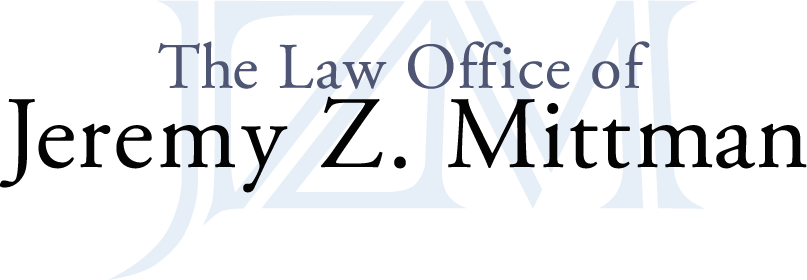Estate Planning with Step Families
Four of every ten Americans have at least one step-relative in their family – either a stepparent, a step or half sibling or a stepchild — according to the Pew Research Center. The National Center for Family and Marriage Research estimates that about one-third of all weddings in America create
